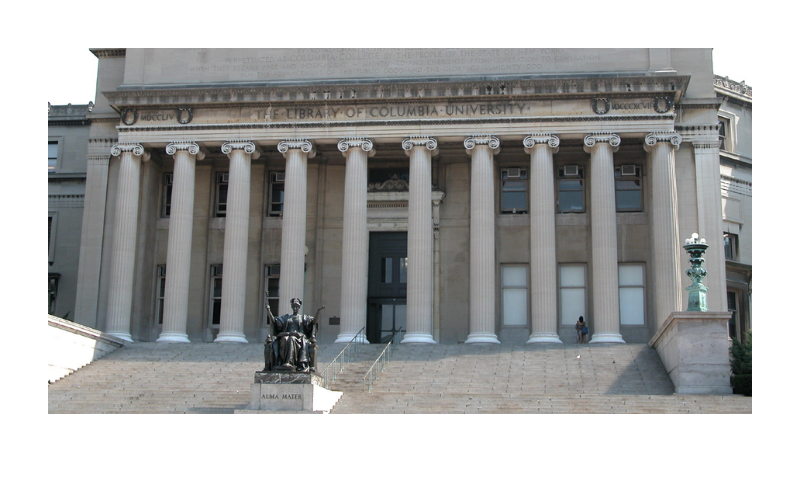Shai Davidai and Yardenne Greenspan
Tablet, Feb. 13, 2024
“It took us a while to understand it, but once we did everything started making sense: Our friends did not have a problem with our politics, they had a problem with our identity.”
Speaking up against Hamas’ crimes against humanity and against the student organizations that support it ruined our lives. Almost two weeks after Oct. 7, as Shai felt compelled to speak up against the antisemitic, pro-Hamas storm raging on U.S. campuses, we realized that nothing would ever be the same.
It happened suddenly and all at once. The day after giving an impassioned speech during an anti-terror vigil on Columbia’s campus, every one of Shai’s inboxes was overflowing with messages. People had seen him at his rawest and most vulnerable—heartbroken, abandoned, and betrayed—and they felt the same. Reading through thousands of missives of encouragement and commiseration from Jewish parents and students, Holocaust and Oct. 7 survivors, and concerned non-Jews from all over the world, we felt our souls cracking open to let in our people’s anxiety and grief. For the first time since the dreadful massacre, we didn’t feel completely alone.
But other messages started coming in, too. One friend blocked Yardenne on social media. Another said that speaking up against organizations that openly support Hamas was not a good look. A third, stating her discomfort with how much of our attention was devoted to the kidnapped Israeli civilians, cut ties. A close friend of Shai’s from graduate school simply stopped returning his calls.


